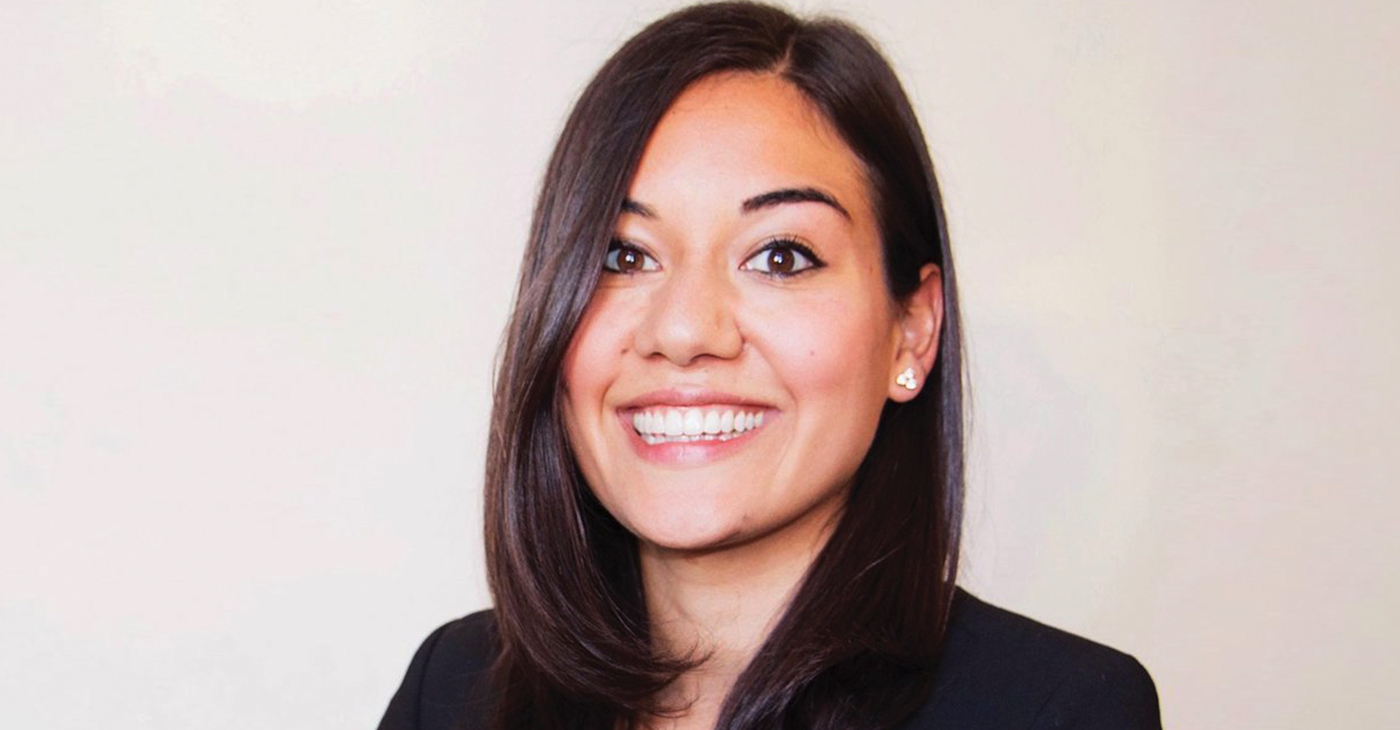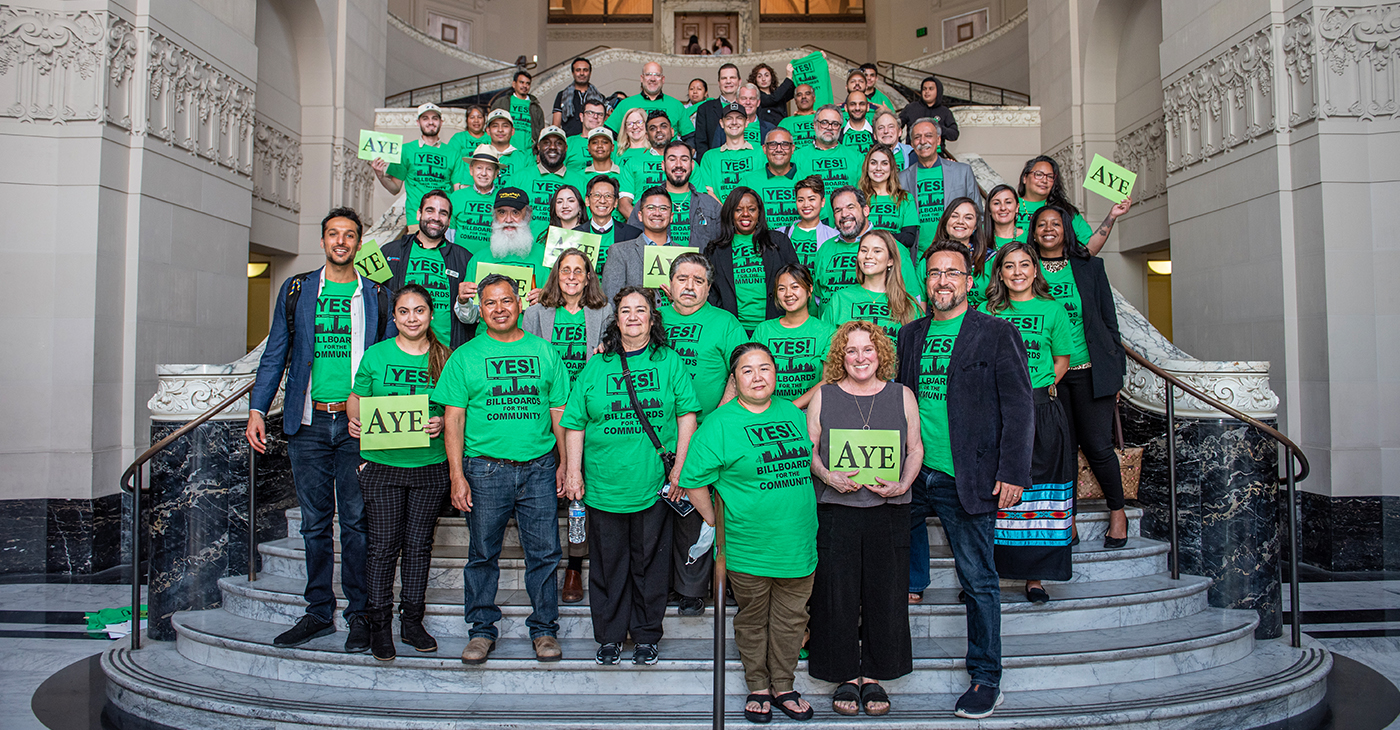Activism
Questions About Contributions to Kyra Mungia’s District 6 School Board Campaign
District 6 school board candidate Kyra Mungia’s opponents in District 6, Valarie Bachelor and Joel Velasquez, are allied with the movement against school closings and are critical of charter school expansion in Oakland. The Oakland Post asked Mungia several questions about these issues, including why she failed to disclose a $1,000 contribution she received from Gonzales immediately after Gonzales formally announced she was resigning from the Board.

By Ken Epstein | Post News Group
The Oakland Post recently received a copy of an ethics complaint filed with the Oakland Ethics Commission about the funding of District 6 school board candidate Kyra Mungia, including whether she failed to report two campaign contributions as legally required.
In addition, some public-school advocates are raising concerns about contributions she received from local charter school leaders and an Independent Expenditure of nearly $50,000 from a Political Action Committee (PAC) controlled by former Mayor and Governor Jerry Brown, a long-time supporter of charter schools and school privatization.
Mungia, a former Oakland teacher, works as Mayor Libby Schaaf’s deputy director of education. Mungia was appointed in June to the board to fill the remaining months of the term of District 6 Boardmember Shanthi Gonzales, who resigned before completing her term.
Mungia’s position in the mayor’s office is funded by the Oakland Public Education Fund, often associated with corporate privatizers and charter schools.
Mungia’s opponents in District 6, Valarie Bachelor and Joel Velasquez, are allied with the movement against school closings and are critical of charter school expansion in Oakland.
The Oakland Post asked Mungia several questions about these issues, including why she failed to disclose a $1,000 contribution she received from Gonzales immediately after Gonzales formally announced she was resigning from the Board.
According to Board President Gary Yee, Gonzales, a strong backer of school closings, “stayed on [in Oakland] for an extra month so we could prepare for this process” of appointing a new school board member, during which time Mungia filed her original papers allowing her to run in November.
Gonzales then resigned on May 2 and contributed to Mungia’s campaign on May 3. Ultimately, Mungia was appointed by the board to fill the last six months of Gonzales’ term. Some view this as a political ploy to give Mungia a leg up in the November race by allowing her to run as an incumbent.
Gonzales also contributed campaign email lists to Mungia, which is an in-kind donation and legally also must be reported as a contribution.
In her reply, Mungia wrote, “My campaign did receive a contribution check for $1,000 from Shanthi Gonzalez’s campaign committee, Gonzales for School Board 2018, in May 2022. However, because the contribution amount was over the limit, we didn’t deposit the check.”
Her response does not completely resolve potential issues. First, if the check from Gonzales came from her campaign account, it is legally permissible up to $1,800. Second, if she has not cashed it but still has not returned it, it is possible that she should have disclosed the contribution because reporting requirements are based on receipt of contributions, not when they are deposited in the bank.
Further, Mungia did not explain why she failed to report the in-kind contribution of Gonzales’ email addresses.
The Public Ethics Commission complaint filed by an Oakland resident also alleged that some email addresses contributed by Gonzales to Mungia’s campaign did not come from Gonzales’ campaign contacts but from residents who contacted her only in her capacity as a school board director. The use of those emails in an election campaign is not permitted.
In reply Mungia wrote, “I did receive some email addresses from Shanthi Gonzales, which she forwarded to me from her personal email address and many of which I already had. I understood these emails to belong to friends and personal contacts that she had acquired over time.”
She continued, “I had no reason to believe, and did not believe, that Ms. Gonzales obtained these email addresses in connection with her official position as an elected official. Moreover, I still do not know that to be the case.”
During her campaign, Mungia has been publicly critical of charter schools and the impact of the high number of charters in the school district, but she has received the financial backing of charter school leaders.
Her campaign is also backed by an Independent Expenditure of $51,200 by Jerry Brown’s PAC, United Teachers of Oakland Supporting Resnick and Mungia.
Mungia’s reply to the Post is as follows:
“My commitment is to quality education for all of our students … I am proud that I have more than 250 individual donors and the only PAC money my campaign has accepted is from labor unions.
“If individuals want to support me, then I’m of the belief that that is because they know my focus is on quality education. Receiving dollars or support does not equate to a mutual endorsement.”
She continued: “As far as Independent Expenditures go, as I imagine you know, Independent Expenditures are not made in cooperation or consultation with candidates, so I do not have control or say over what is put out in that regard. I did not know that Jerry Brown would be creating a PAC to support me – I’ve never met or talked to Jerry Brown.
While Mungia may not know Jerry Brown, her boss, Libby Schaaf, is a close political ally of the former Oakland mayor.
Activism
Oakland Post: Week of July 24 – 30, 2024
The printed Weekly Edition of the Oakland Post: Week of July 24 – 30, 2024

To enlarge your view of this issue, use the slider, magnifying glass icon or full page icon in the lower right corner of the browser window. ![]()
Activism
Oakland Post: Week of July 17 -23, 2024
The printed Weekly Edition of the Oakland Post: Week of July 17 -23, 2024

To enlarge your view of this issue, use the slider, magnifying glass icon or full page icon in the lower right corner of the browser window. ![]()
Activism
Community Celebrates Historic Oakland Billboard Agreements
We, the Oakland Billboard Economic Development Coalition, which includes Oakland’s six leading community health clinics, all ethnic chambers of commerce, and top community-based economic development organizations – celebrate the historic billboard agreements approved last year by the Oakland City Council. We have fought for this opportunity against the billboard monopoly, against Clear Channel, for five years. The agreements approved by Council set the bar for community benefits – nearly $70 Million over their lifetime, more than 23 times the total paid by all previous Clear Channel relocation agreements in Oakland combined.

Grand Jury Report Incorrect – Council & Community Benefit
We, the Oakland Billboard Economic Development Coalition, which includes Oakland’s six leading community health clinics, all ethnic chambers of commerce, and top community-based economic development organizations – celebrate the historic billboard agreements approved last year by the Oakland City Council. We have fought for this opportunity against the billboard monopoly, against Clear Channel, for five years. The agreements approved by Council set the bar for community benefits – nearly $70 Million over their lifetime, more than 23 times the total paid by all previous Clear Channel relocation agreements in Oakland combined.
Unfortunately, a recent flawed Grand Jury report got it wrong, so we feel compelled to correct the record:
- Regarding the claim that the decision was made hastily, the report itself belies that claim. The process was five years in the making, with two and a half years from the first City Council hearing to the final vote. Along the way, as the report describes, there were multiple Planning Commission hearings, public stakeholder outreach meetings, a Council Committee meeting, and then a vote by the full Council. Not only was this not hasty, it had far more scrutiny than any of the previous relocation agreements approved by the City with Clear Channel, all of which provide 1/23 of the benefits of the Becker/OFI agreements approved by the Council.
- More importantly, the agreements will actually bring millions to the City and community, nearly $70M to be exact, 23 times the previous Clear Channel relocation agreements combined. They certainly will not cost the city money, especially since nothing would have been on the table at all if our Coalition had not been fighting for it. Right before the decisive City Council Committee hearing, in the final weeks before the full Council vote, there was a hastily submitted last-minute “proposal” by Clear Channel that was debunked as based on non-legal and non-economically viable sites, and relying entirely on the endorsement of a consultant that boasts Clear Channel as their biggest client and whose decisions map to Clear Channel’s monopolistic interests all over the country. Some City staff believed these unrealistic numbers based on false premises, and, since they only interviewed City staff, the Grand Jury report reiterated this misinformation, but it was just part of Clear Channel’s tried and true monopolistic practices of seeking to derail agreements that actually set the new standard for billboard community benefits. Furthermore, our proposals are not mutually exclusive – if Clear Channel’s proposal was real, why had they not brought it forward previously? Why have they not brought it forward since? Because it was not a real proposal – it was nothing but smoke and mirrors, as the Clear Channel’s former Vice President stated publicly at Council.
Speaking on behalf of the community health clinics that are the primary beneficiaries of the billboard funding, La Clinica de la Raza CEO Jane Garcia, states: “In this case, the City Council did the right thing – listening to the community that fought for five years to create this opportunity that is offering the City and community more than twenty times what previous billboard relocation agreements have offered.”
Oakland Billboard Economic Development Coalition
| Native American Health Center | La Clínica de la Raza | West Oakland Health Center |
| Asian Health Services | Oakland LGBTQ Center | Roots Community Health Center |
| The Unity Council | Black Cultural Zone | Visit Oakland |
| Oakland African American Chamber of Commerce | Oakland Chinatown Chamber of Commerce | Oakland Vietnamese Chamber of Commerce |
| Oakland Latino Chamber of Commerce | Building Trades of Alameda County | (partial list) |
-

 Arts and Culture3 weeks ago
Arts and Culture3 weeks agoRooted in Tradition: The Intricate History of Black Hair Braiding
-

 Bay Area4 weeks ago
Bay Area4 weeks ago“I Will Not Be Bullied,” Says Oakland Mayor Sheng Thao
-

 Bay Area2 weeks ago
Bay Area2 weeks agoPG&E Increases Rates While Bay Area Households Are Struggling to Stay Afloat
-

 Business3 weeks ago
Business3 weeks agoGov Newsom: Raising Fast Food Minimum Wage to $20 Pays Off as Jobs Multiply in Industry
-

 Activism4 weeks ago
Activism4 weeks agoOpponents of Mayor Sheng Thao Are Calling on Her to Resign Following FBI Raid
-

 Community1 week ago
Community1 week agoHundreds Come to Jehovah’s Witnesses’ Assembly Hall for Three-Day Program of ‘Good News’ in Fremont
-

 Bay Area2 weeks ago
Bay Area2 weeks agoJuneteenth Mass Shooting Suspect Charge with Multiple Counts of Felony Assault by Alameda County DA Pamela Price
-

 Activism4 weeks ago
Activism4 weeks agoOakland Coliseum Sale to AASEG: A Model for Community Development and Inclusion




















































